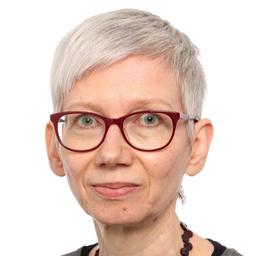
The research group discusses the connection between cleanliness, work and gender (1850–1940) from a Nordic point of view. We combine macro level analyses with micro level approaches by focusing on society, home and the body alike.
The group members work on the following questions:
- How was the Finnish sauna propagated in Sweden at the turn of the 19th and 20th centuries?
- Why did the late 19th-century freeholding peasants in Norrland, Sweden, buy soap and decorate their homes?
- How were dirt and cleanliness experienced in a Finnish poorhouse in the early 1900s?
- How did voluntary organisations in a Danish town approach cleanliness in the mid-1900s?
- How was cleanliness presented in Swedish contact announcements, 1890s–1980s?
- What kind of things were perceived as disgusting on a Finnish marketplace in the early 1900s?
- What was a Norwegian dishcloth like in 1860 and 1940?
- Why did the Swedish doctors abandon smoke as a cleansing matter in favour of water in the late 1800s?
- What was the crisis in health education like in Finland in the early 1900s?
- How was a clean Swedish kitchen created in the early 1900s?
The group is funded by NOS-HS Workshops Grant 2019–2020, and it operates as a part of Academy of Finland Centre of Excellence in the History of Experiences (HEX).
(Photo: Esbo Hembygdsförening, Espoon kaupunginmuseo, CC BY-ND 4.0).
Leader
Johanna Annola
Academy Research FellowOther members
Karin Carlsson (Stockholm University), Annelie Drakman (Stockholm University), Josefin Englund (Gymnastik- och idrotthögskolan University), Ingun Grimstad Klepp (OsloMet), Inger Lyngdrup Nørgård (Randers Stadsarkiv & Museum Østjylland), Eija Stark (University of Helsinki), Marie Ulväng (Stockholms University), Karolina Wiell (Karlstad University & Mittuniversitetet University), Ann-Catrin Östman (Åbo Akademi University).
Contact persons
Johanna Annola (johanna.annola [at] tuni.fi)

